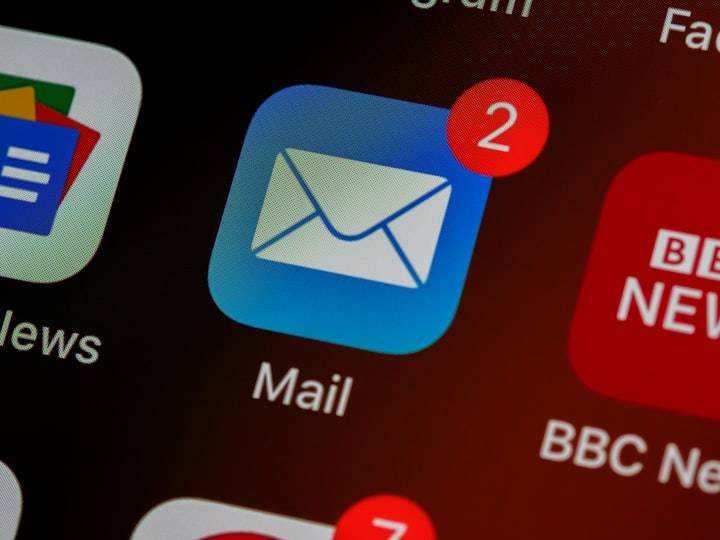An Unexpected Apology Offers Powerful Emotional Healing
For years, the hurt simmers. It sits like a lump of cold eba in your gut—undigested resentment over an offense you never thought would be acknowledged. Then, the words come: "I'm sorry." And just like that, the psychological ground shifts beneath your feet.
That simple, sincere apology isn't just polite theatre; it's a powerful tool for emotional repair, one science says can physically calm your mind and body. It's the moment the burden of proof is finally lifted from you, the victim.
The Validation That Quietens the Trauma
When you've been wronged, especially by someone close, the trauma often leaves you feeling invalidated, like your pain is invisible. But a sincere apology acts as a crucial acknowledgment of your suffering, affirming that your experience was real and deserved recognition, per a report by NAPAC (National Association for People Abused in Childhood).
You need to hear that statement of regret because it forces the offender to accept responsibility. It’s like a cracked phone screen: you can keep using it, but the damage is visible until someone commits to the repair.
The Science of Stress Reduction
And get this: the effect is more than just feeling better in your head. Studies on the psychophysiology of forgiveness show that a thorough apology, regardless of whether restitution is offered, can actually calm your heart rate and reduce markers of cardiac stress, according to research published in Frontiers in Psychology.
You may have carried the anger like a heavy Ghana-must-go bag, but the apology is the moment you can finally set it down. It’s a genuine attempt to address the "injustice gap" you perceive, reducing the negative affect like anger and fear that fuel unforgiveness.
The Core Components of Real Repair
Many people mess up the apology by saying "I'm sorry, but..." or placing the focus on their own discomfort. Yet, an effective apology has core elements, and you need to look out for them.
The most important part? Acknowledgement of responsibility. Saying it is their fault, not yours, is far more convincing than a simple 'I apologize', according to research from The Ohio State University's Fisher College of Business. An apology must also include an expression of regret and a commitment to change the harmful behavior, not just promise it.
Beyond Forgiveness: Reclaiming Your Agency
The beautiful thing is that this act restores your agency—your sense of control that the transgression may have stolen. A sincere apology shifts the narrative, allowing you to reclaim ownership of your healing journey and move forward, free from the burden of unaddressed trauma.
And... that’s the real gold, isn’t it? The apology isn't the finish line; it’s the bridge. What happens now that the path to healing has finally opened?



No comments yet
Be the first to share your thoughts!